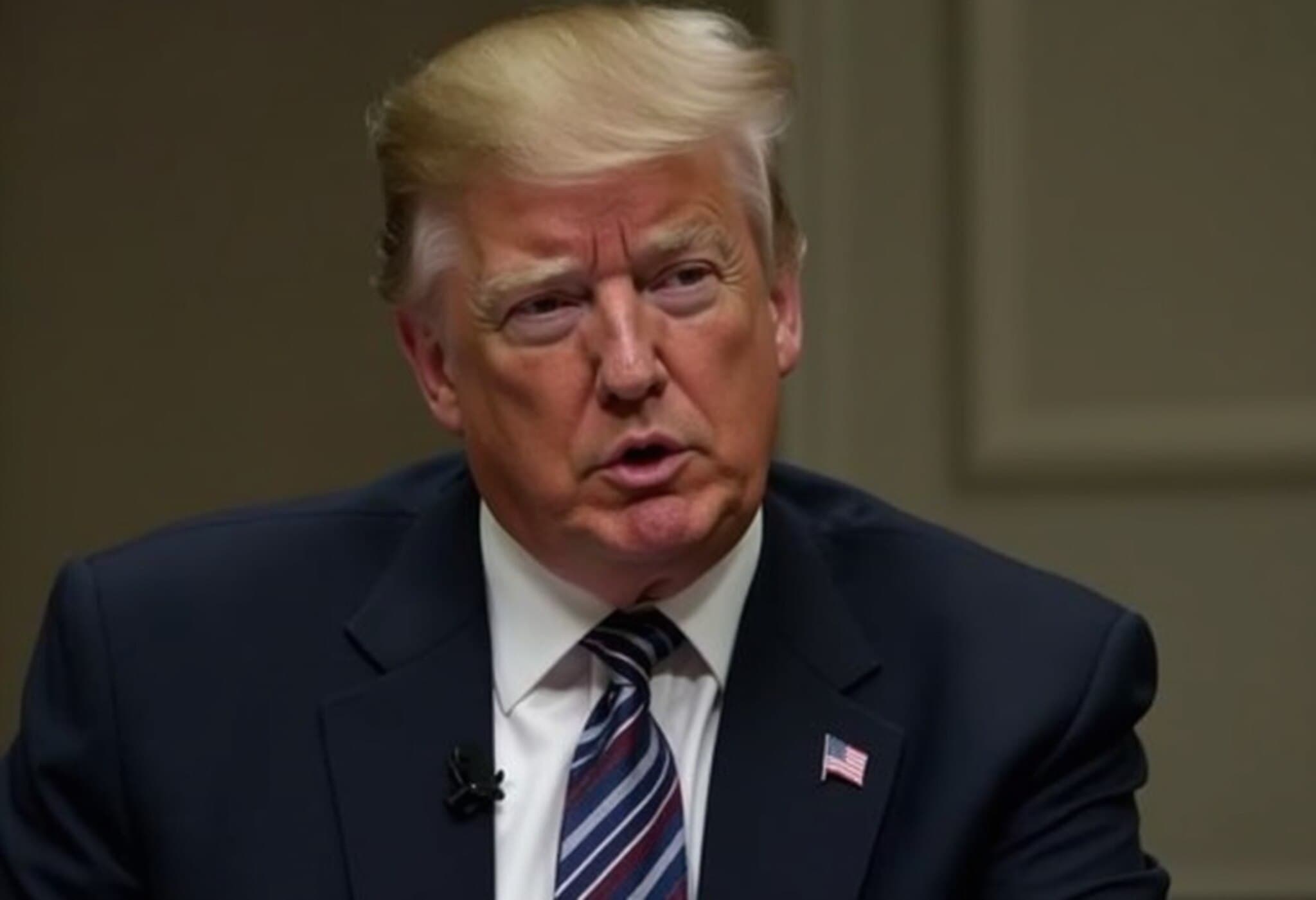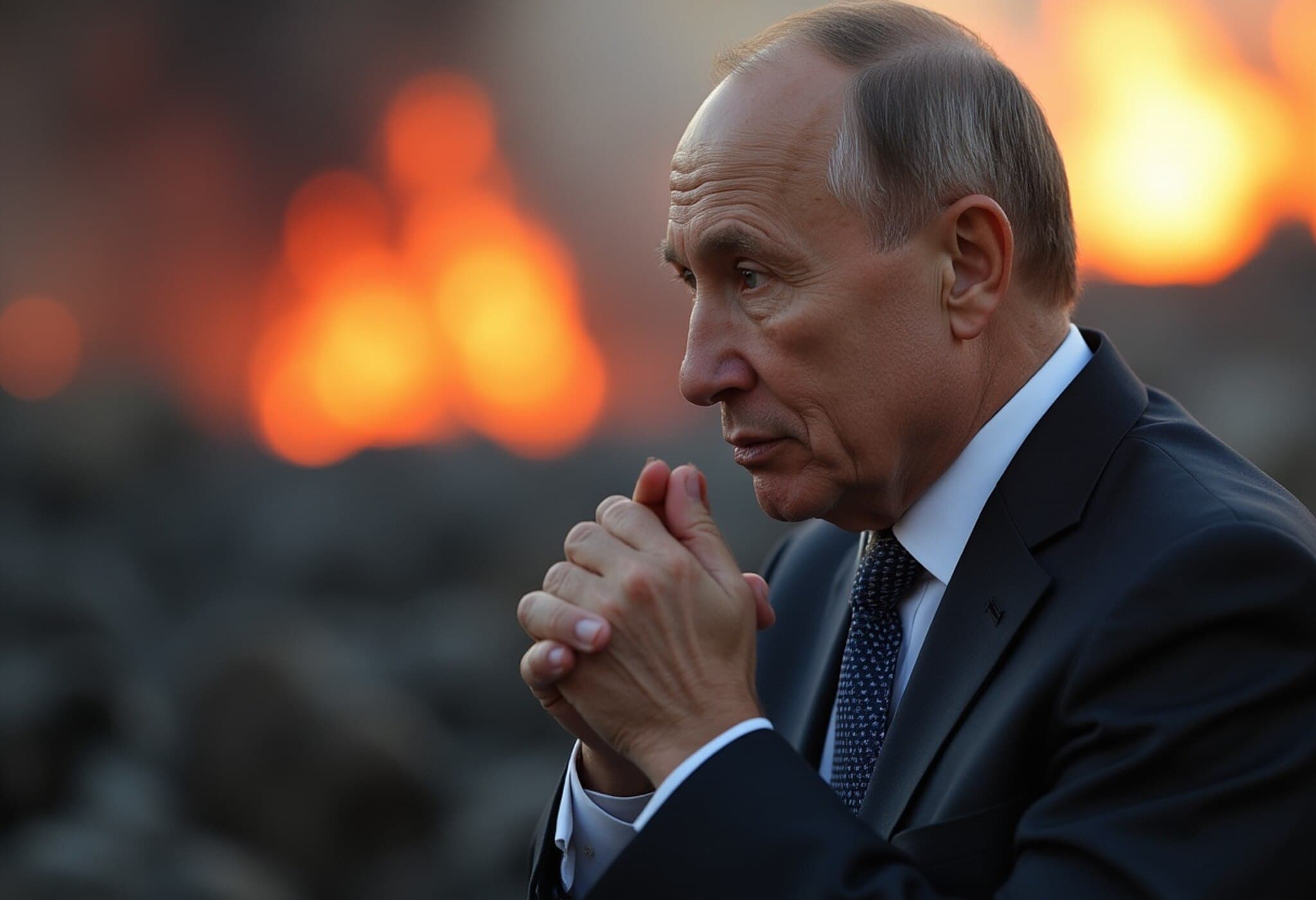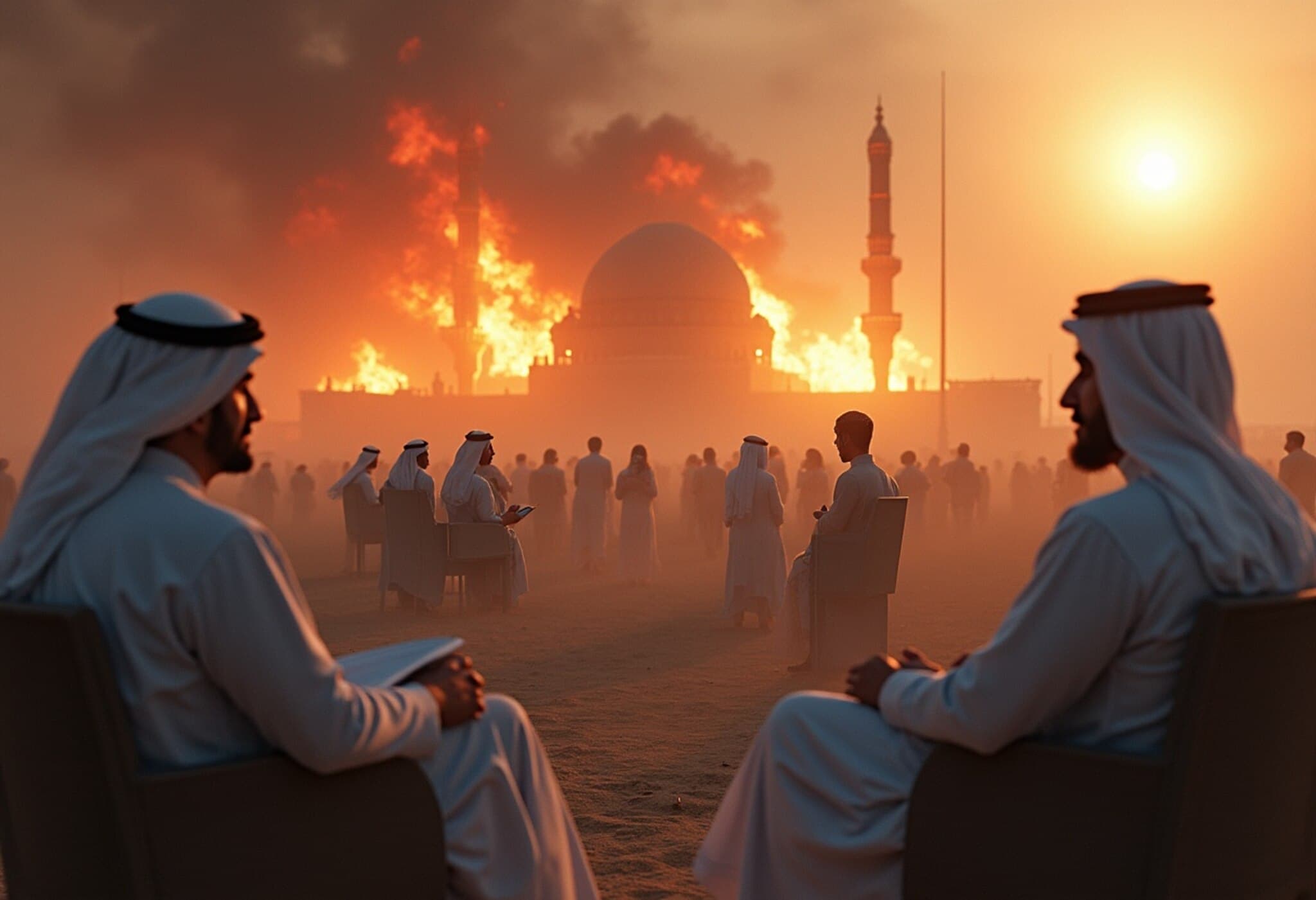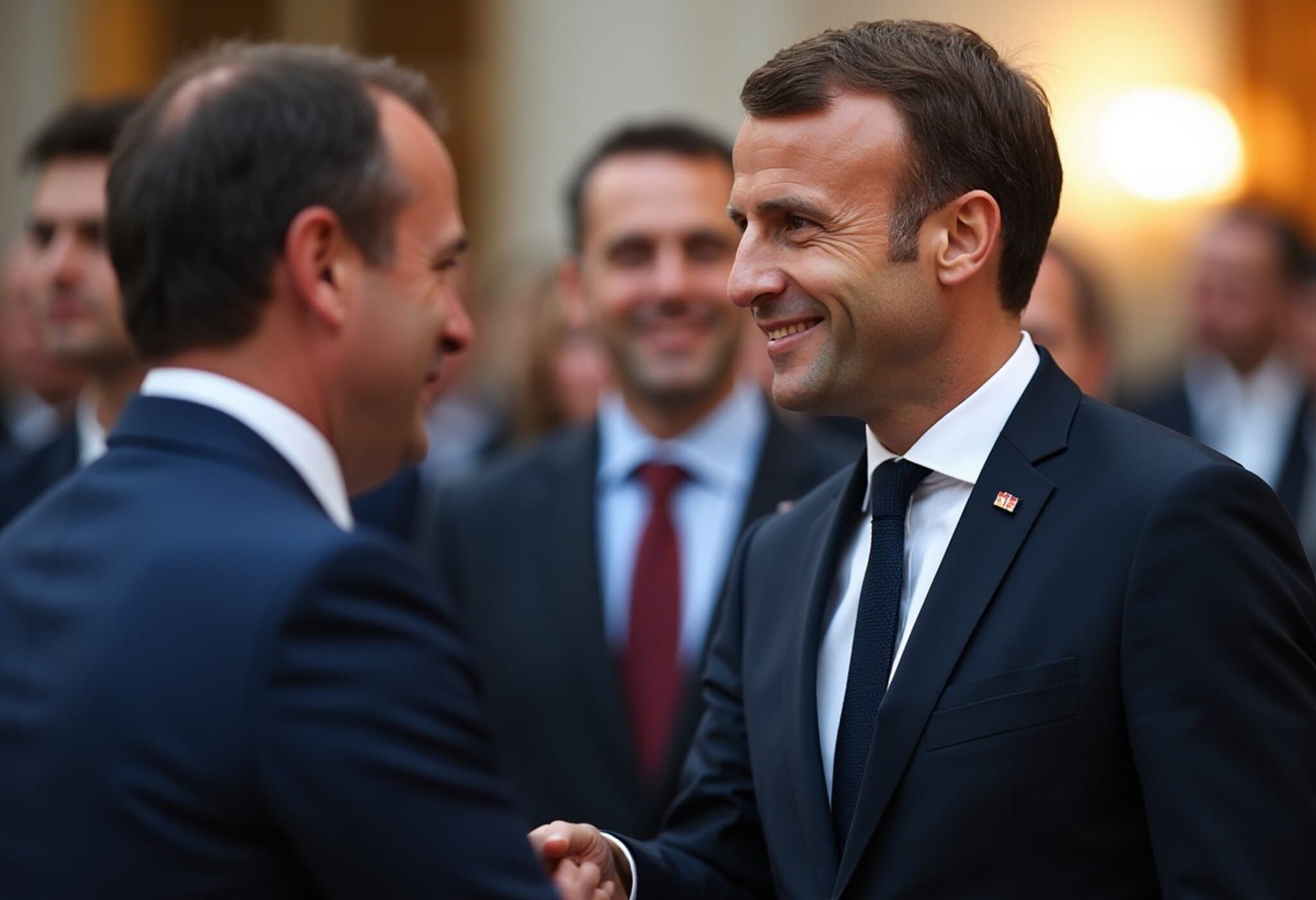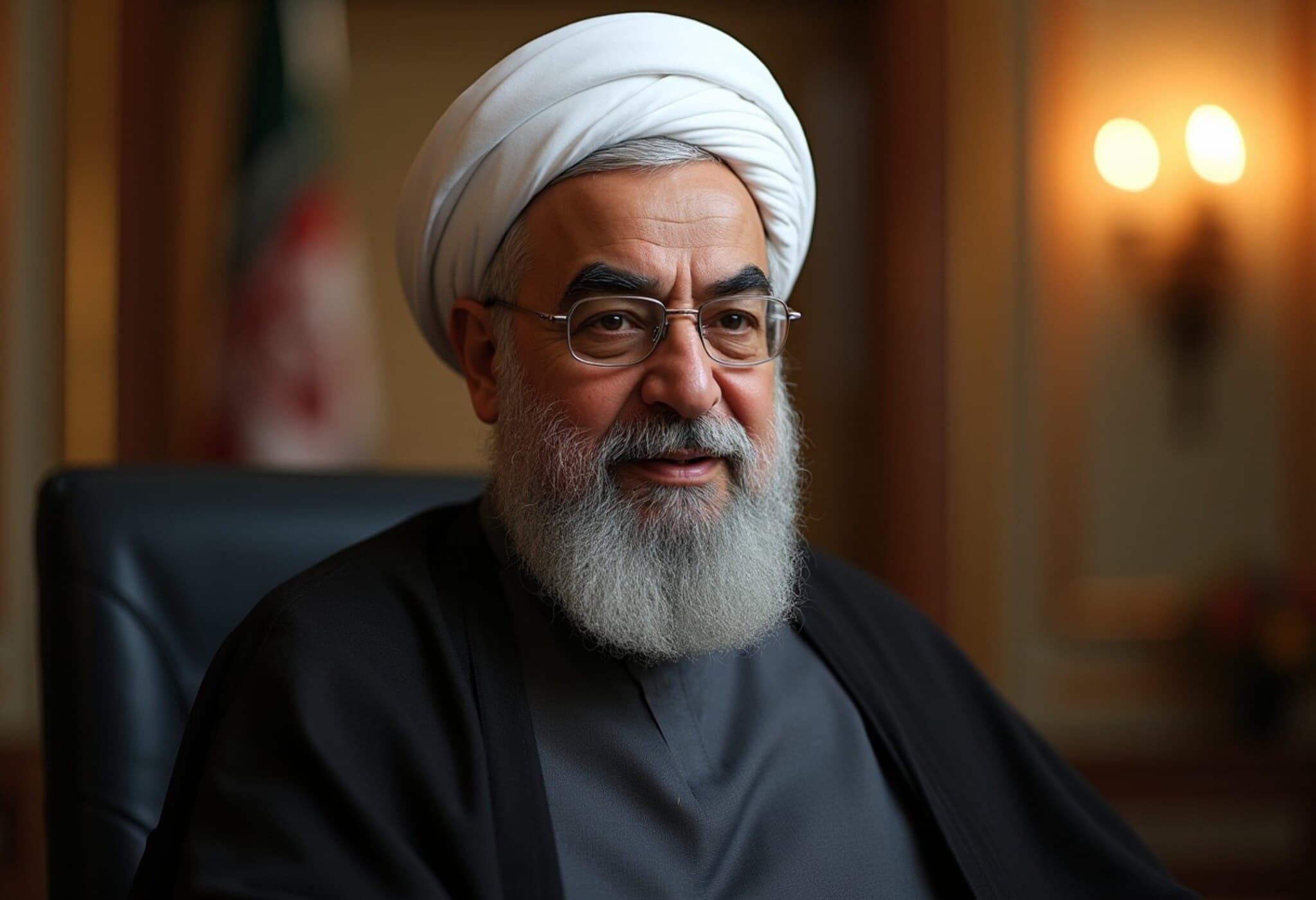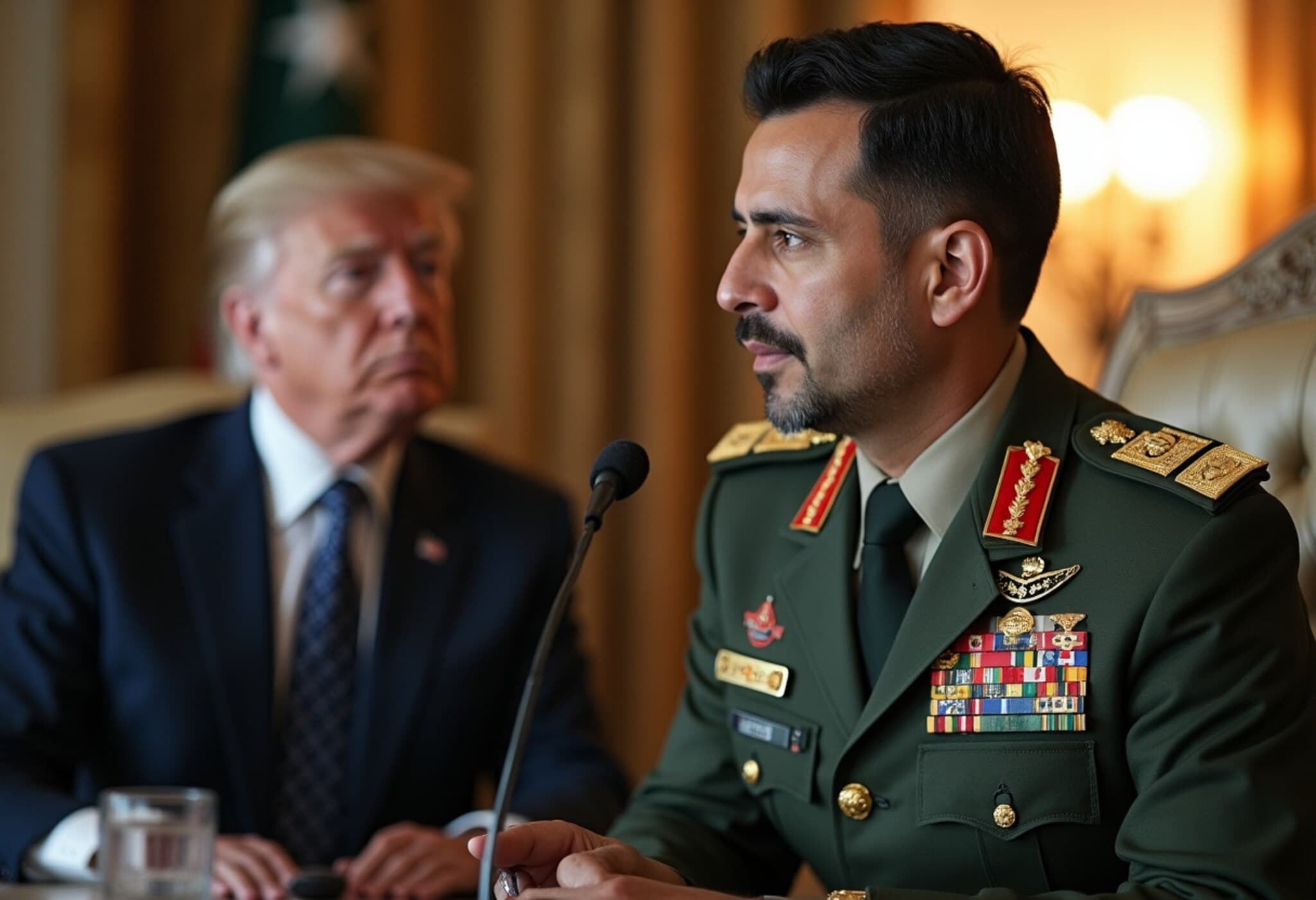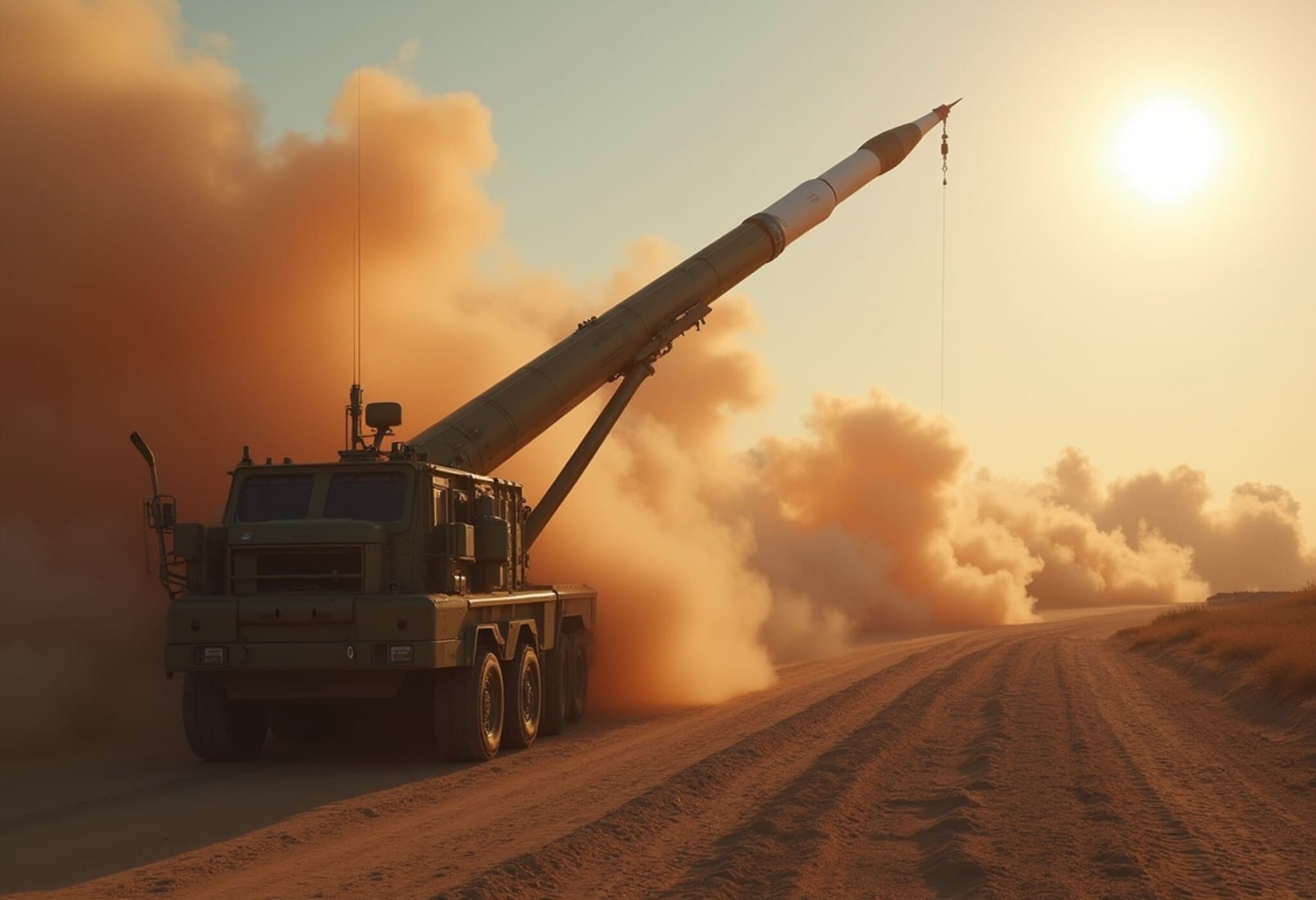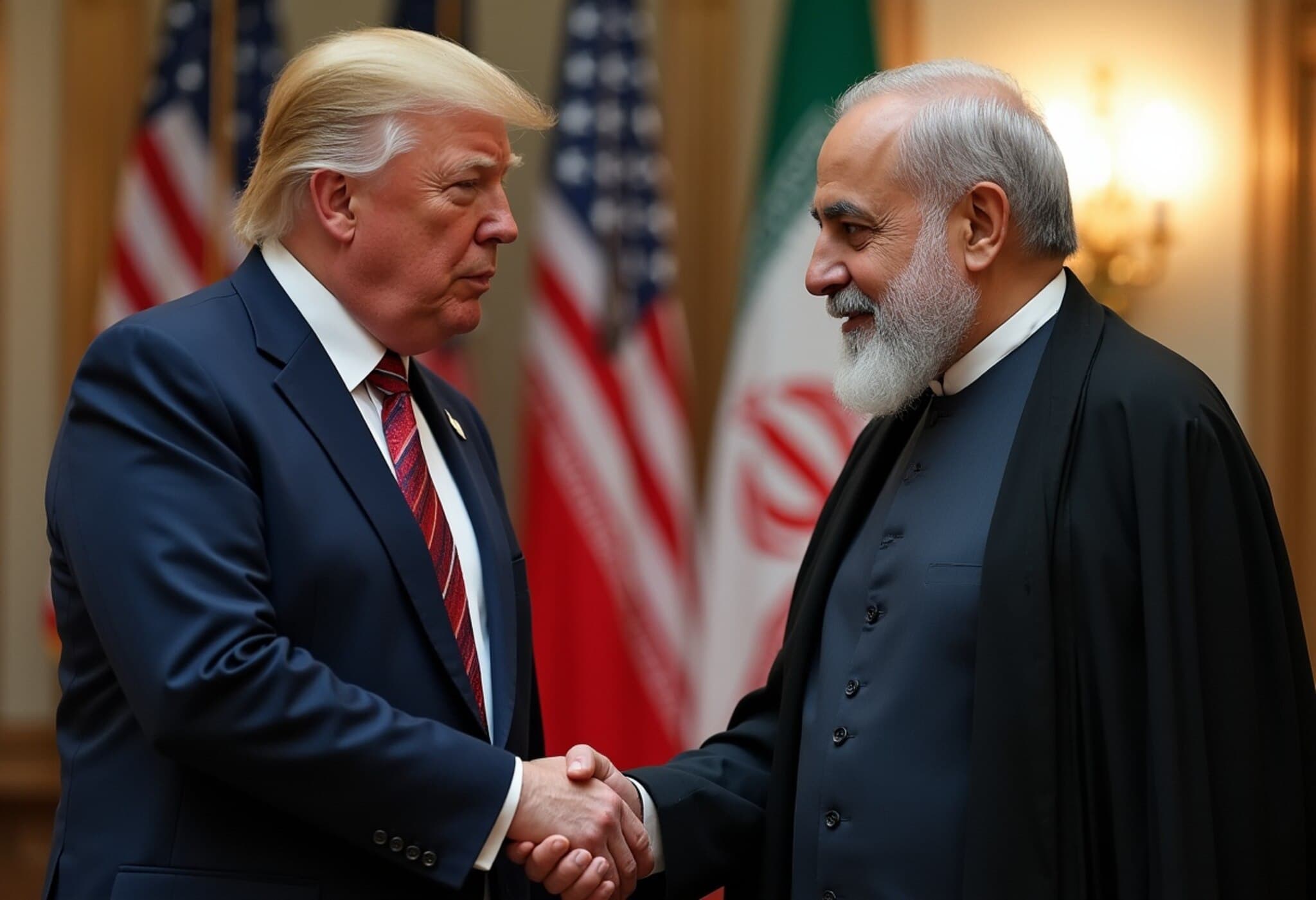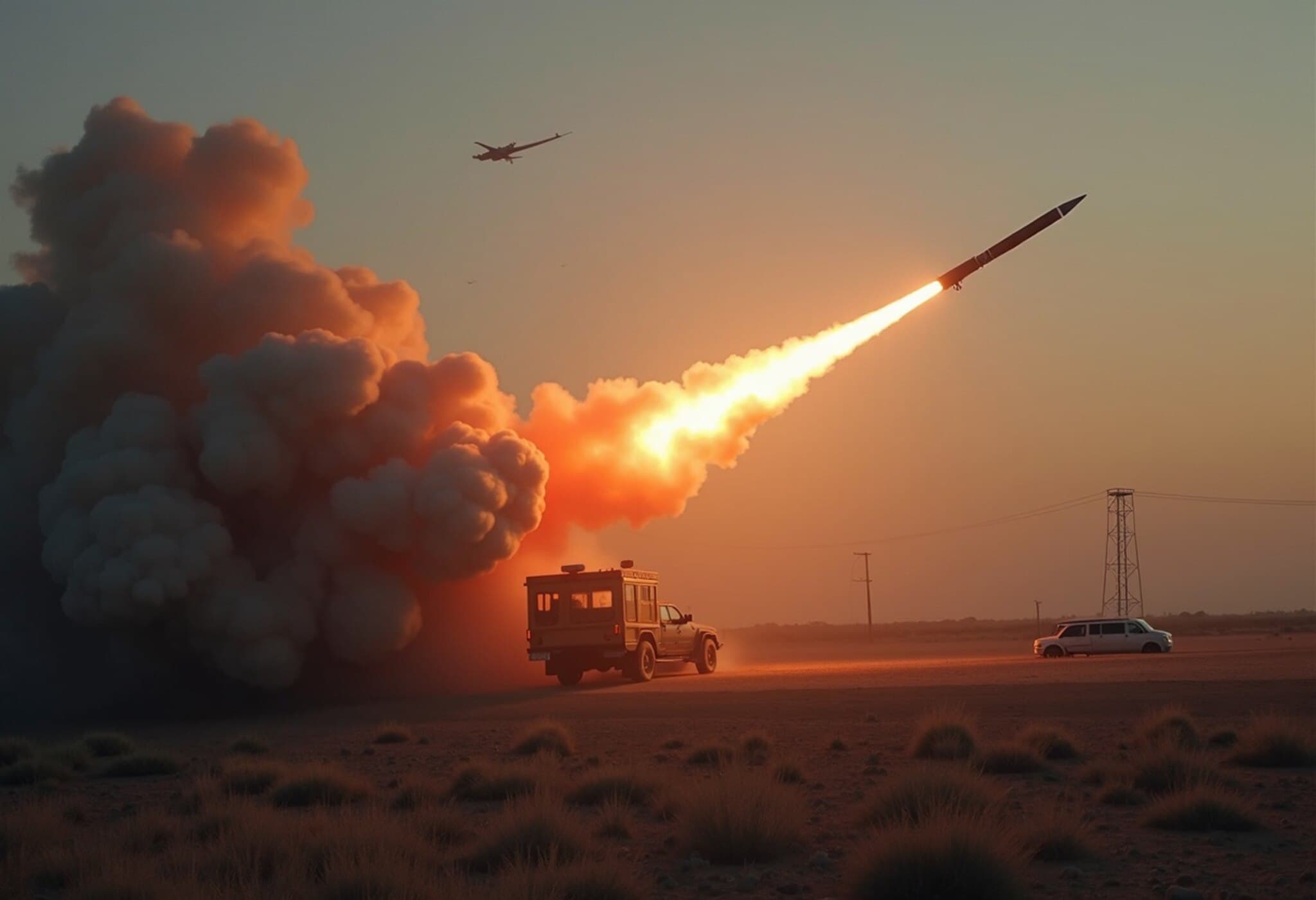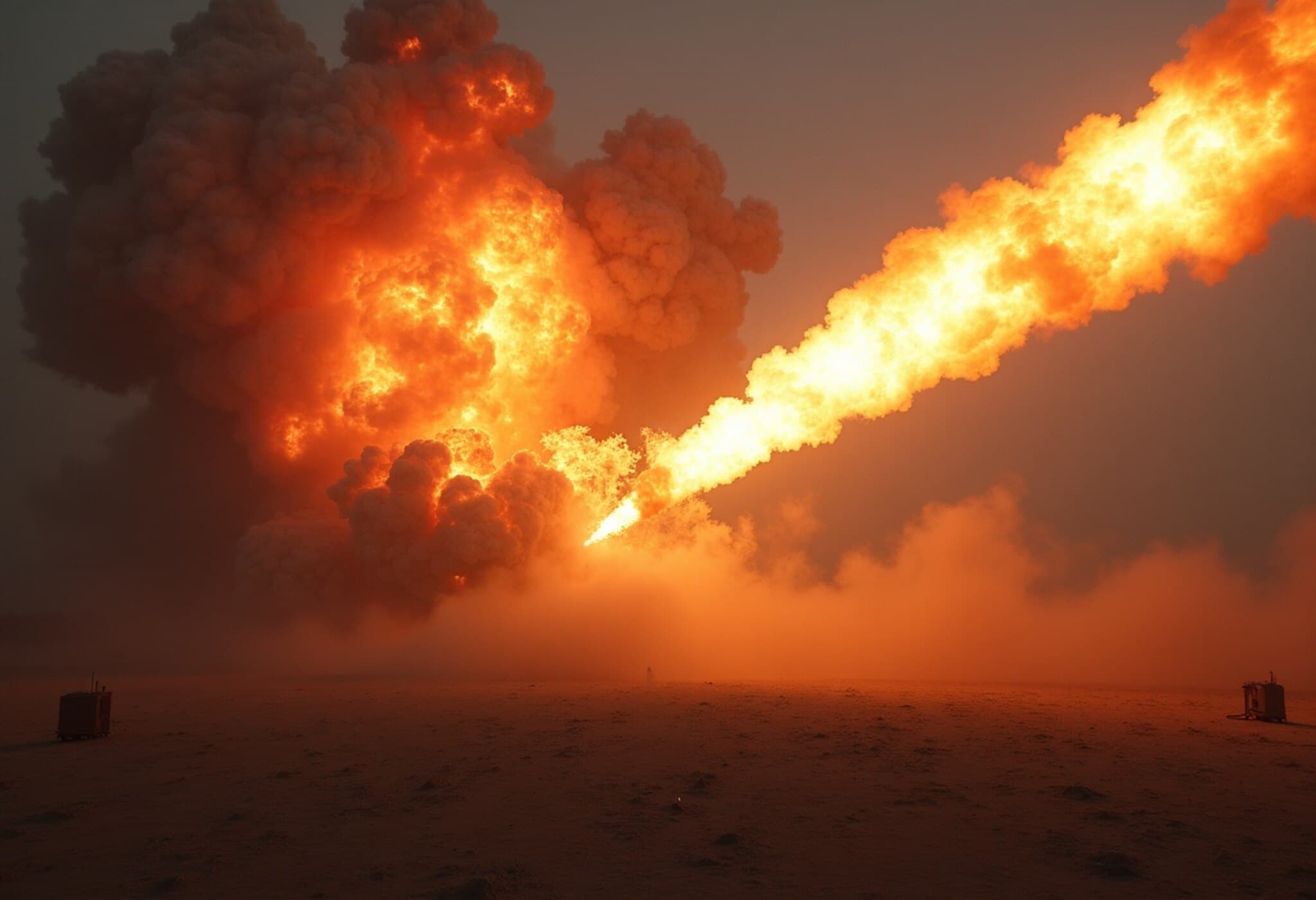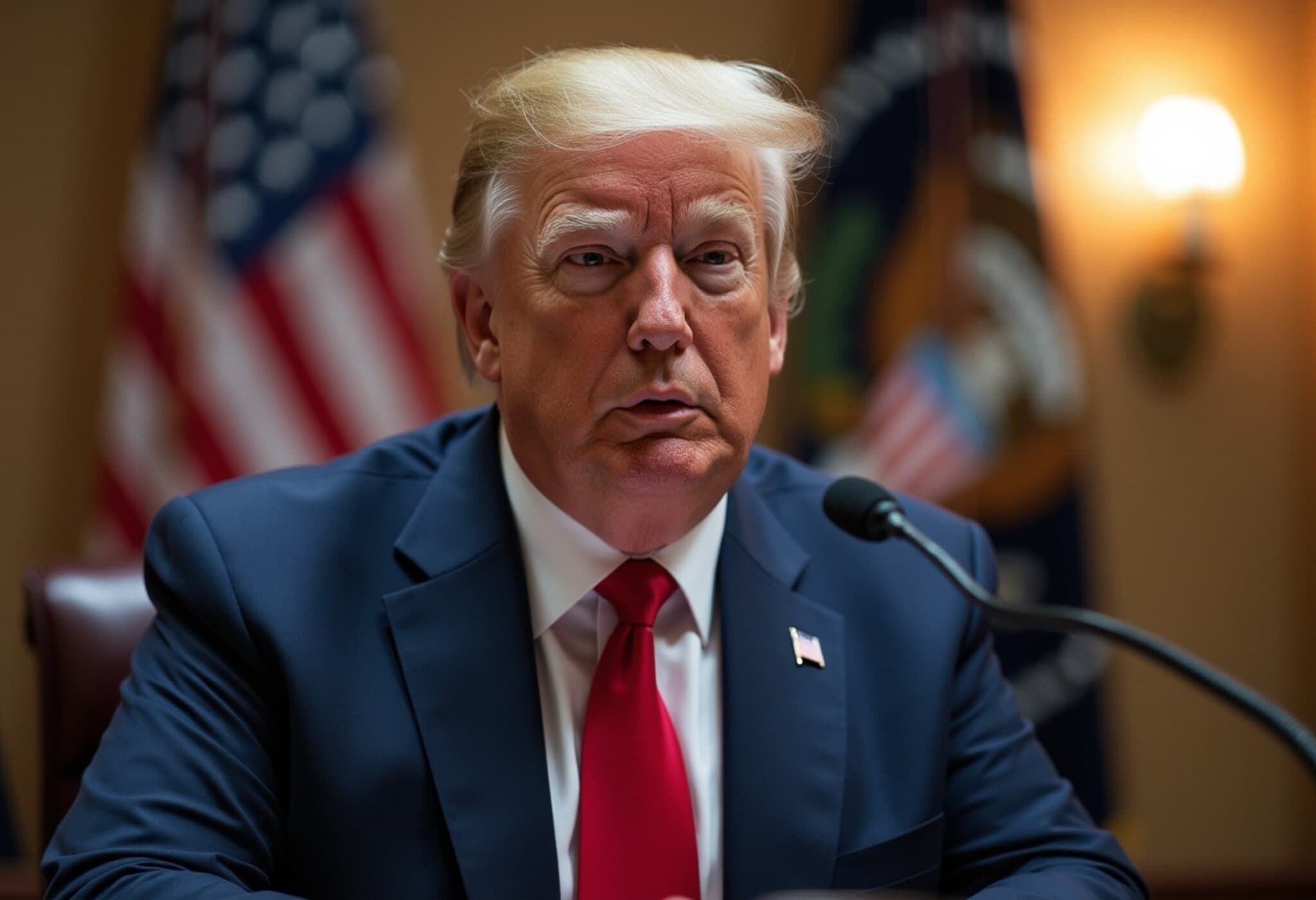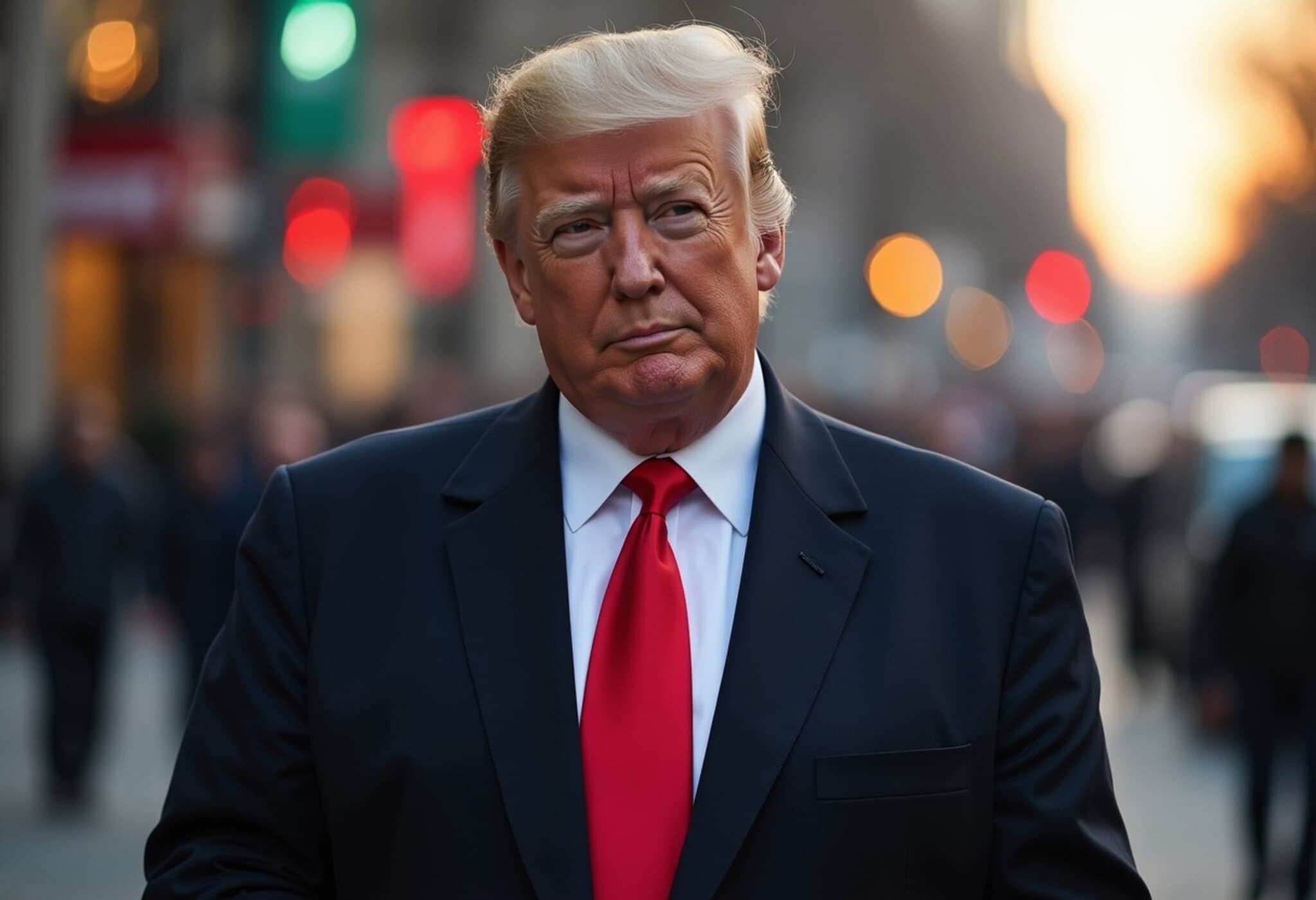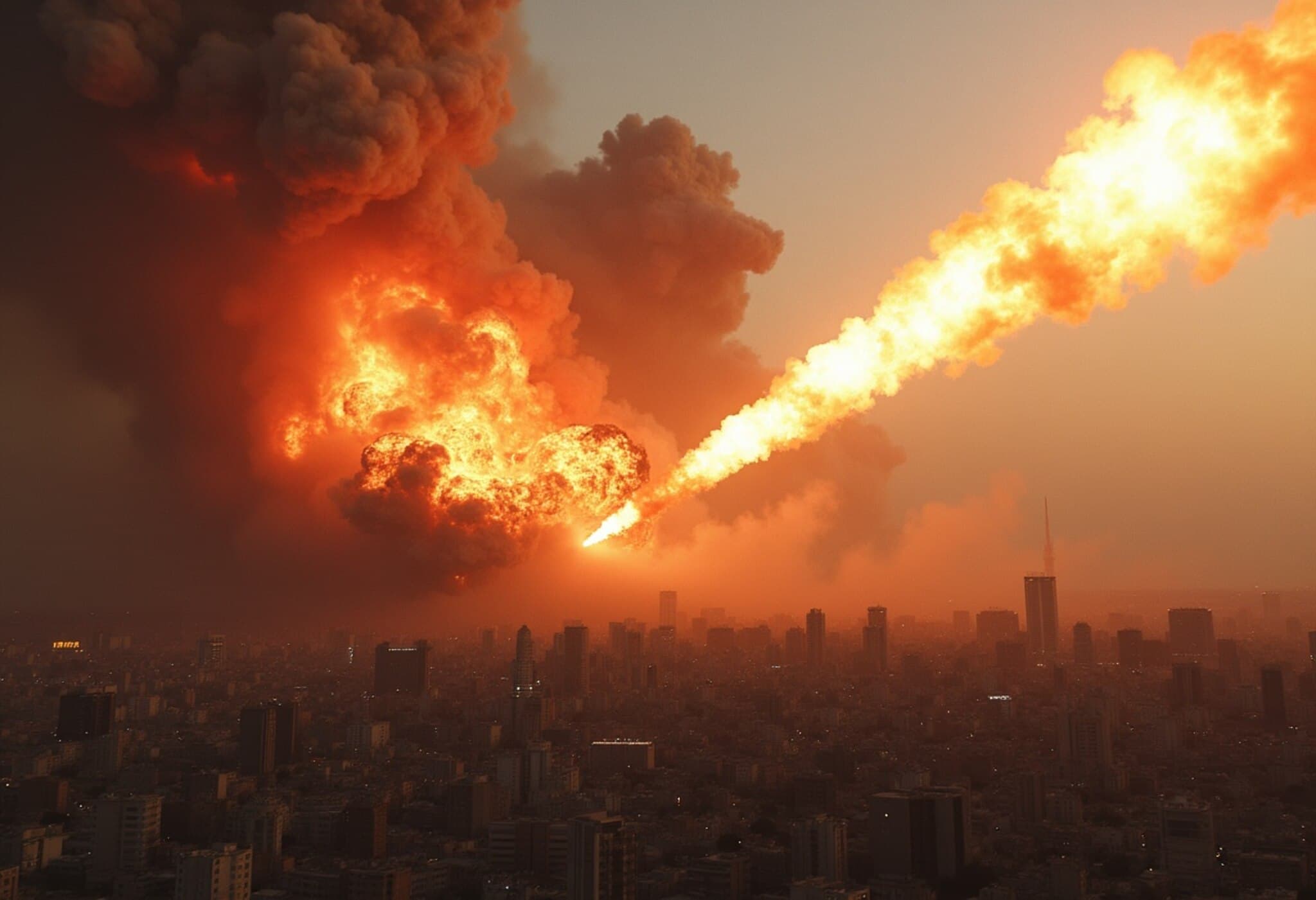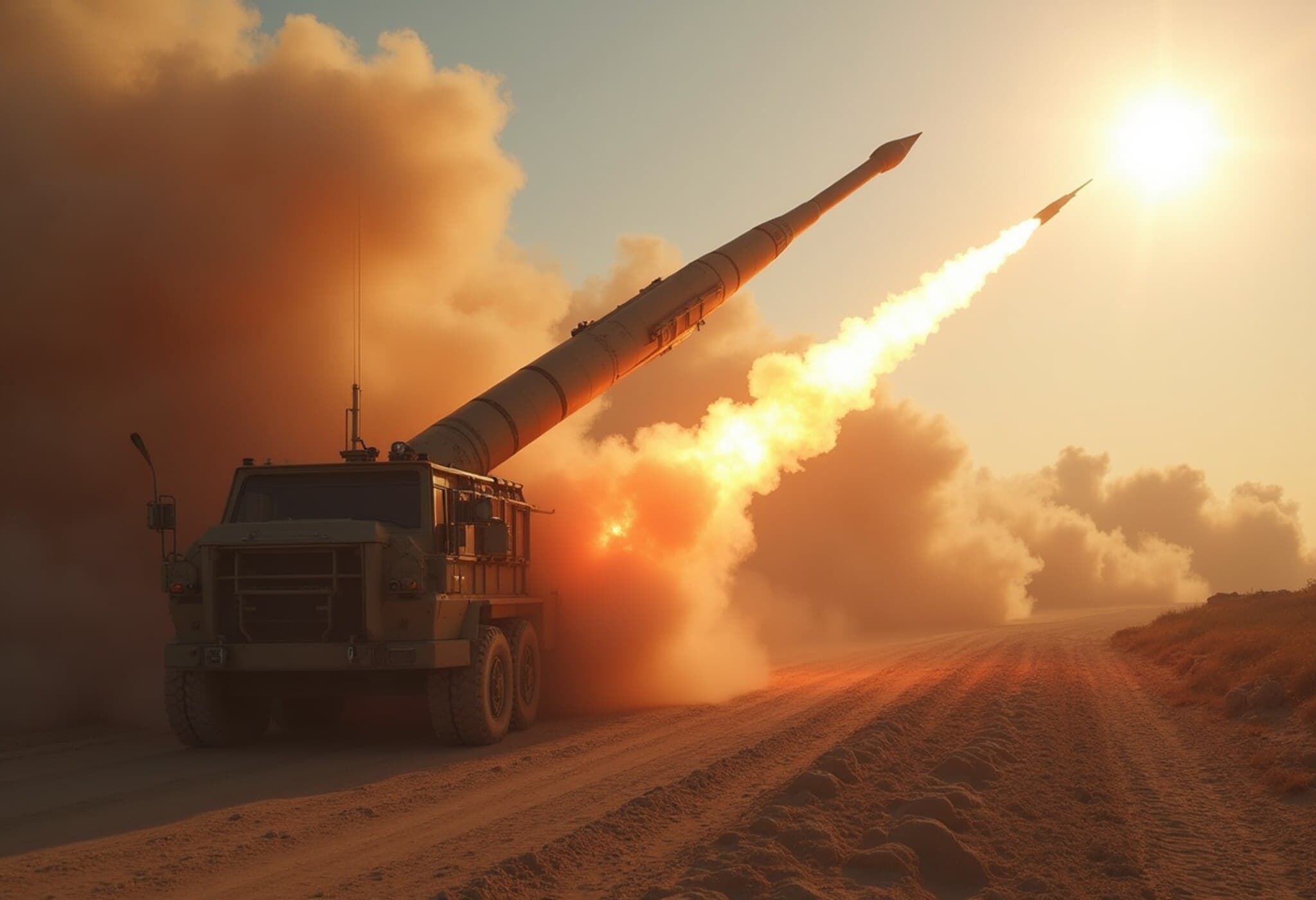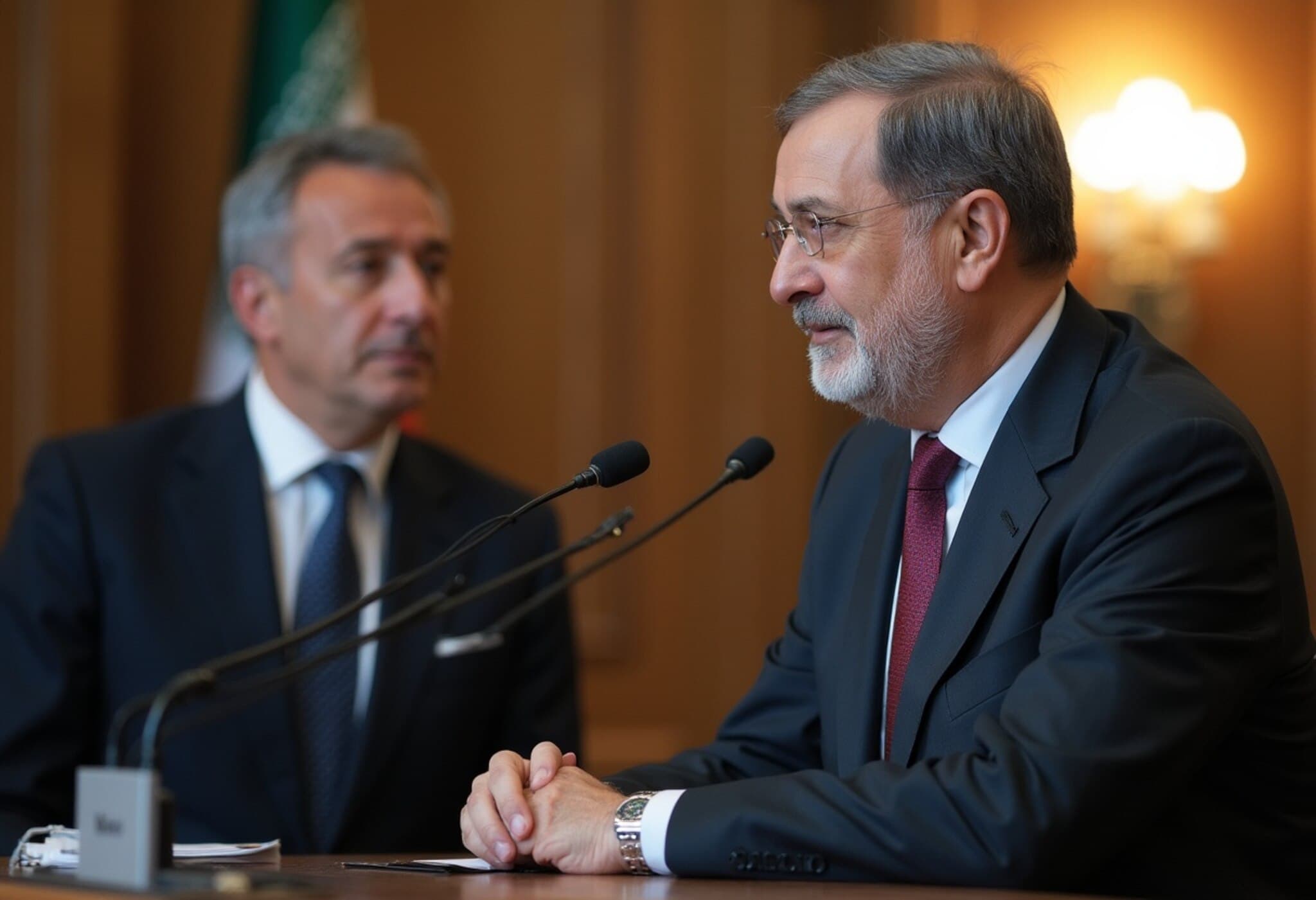Europe Unveils Comprehensive Peace Initiative to Defuse Iran-Israel Tensions
European leaders are advancing a bold peace proposal aimed at ending the escalating conflict between Iran and Israel. French President Emmanuel Macron revealed the plan focusing on concrete steps for Tehran to halt uranium enrichment, stop ballistic missile development, and cut financial support to militant groups across the Middle East.
Key Elements of the European Peace Proposal
- Suspension of uranium enrichment: Tehran would freeze all uranium enrichment activities to alleviate nuclear proliferation concerns.
- Limits on missile programs: Restrictions on Iran’s ballistic missile advancements to reduce regional military threats.
- Financial cutoff to militant groups: Ceasing monetary aid to organizations involved in destabilizing the Middle East.
This plan goes beyond nuclear issues alone, targeting Iran’s broader regional influence as a source of unrest. However, experts note that its sweeping scope might complicate the path toward a quick resolution without incremental trust-building steps.
Innovative Approaches on the Table
Among the ideas under consideration is a temporary halt on uranium enrichment for the duration of the current US administration. Another more ambitious suggestion involves forming a regional consortium—including Iran, Saudi Arabia, and the UAE—to jointly oversee uranium enrichment, ensuring transparency and preventing weaponization.
Iran’s Response and Diplomatic Dynamics
Tehran maintains that its uranium enrichment rights are protected under international treaties, insisting on continuing these activities legally within its borders. Yet, rising international pressure—especially following Israeli airstrikes targeting Iranian sites—has increased calls for compromise.
During recent talks in Geneva, Iranian Deputy Foreign Minister Abbas Araghchi, in his first in-person meeting with European diplomats since the conflict escalated, firmly rejected direct negotiations with the US as long as Israeli attacks persist. He stated, "There is no room for dialogue until the aggression and aggressor stop."
Tense Exchanges Amid Ongoing Hostilities
The diplomatic discussions unfolded during a volatile period marked by retaliatory strikes between Iran and Israel. Meanwhile, the United States' role has attracted intense scrutiny. US President Donald Trump announced a two-week delay before deciding on direct military involvement alongside Israel, a move perceived by Iran as a sign of American unpredictability.
Still, European powers remain closely coordinated with Washington, favoring measured diplomacy over escalation. Earlier in the week, British and US foreign officials met Washington to align on potential red lines and de-escalation strategies.
Macron’s Call for Renewed Negotiations
Macron emphasized the necessity of returning to substantive talks, stressing three pillars:
- Ending nuclear enrichment towards zero uranium processing.
- Limiting Iran’s ballistic missile capabilities through negotiation.
- Halting financial backing for terrorism and regional unrest.
He also highlighted the difficulty Israel faces in neutralizing Iran’s fortified Fordow enrichment site, saying that current military operations alone cannot neutralize all nuclear threats. This complexity requires technical oversight paired with diplomatic efforts.
Historical Context and European Pragmatism
Historically, the US has demanded a full halt to Iran's nuclear enrichment, offering civil nuclear programs relying on multinational fuel imports as alternatives. Iran has consistently refused to give up domestic enrichment, though past agreements, like the Paris Agreement in the early 2000s, saw Tehran temporarily suspend enrichment as goodwill gestures.
Europe tends to treat Iran’s enrichment rights with more nuance, focusing on safeguards and transparency rather than outright bans. For example, the UK interprets nuclear treaties as ambiguous on enrichment rights, emphasizing verification rather than prohibition.
Security Concerns and Diplomatic Challenges
Security risks have complicated diplomacy further; an assassination attempt on Iran’s deputy foreign minister was alleged, prompting European nations to provide enhanced protections during his travels.
Though Russia offered to mediate, European leaders have declined Moscow’s involvement, aiming to keep the process Western-led.
Strategic Implications and Trajectories Ahead
Despite setbacks from air defense failures and infrastructure damage, Iran retains strategic leverage with its heavily secured Fordow plant, which remains largely shielded from conventional strikes. Without US approval for specialized munitions, Israeli Prime Minister Benjamin Netanyahu may need to rethink military objectives.
Furthermore, the idea of regime change in Tehran seems increasingly distant as even Iranian reformists condemn Israeli actions. Nobel laureate Narges Mohammadi has called on international leaders to advocate peace and avoid escalation.


